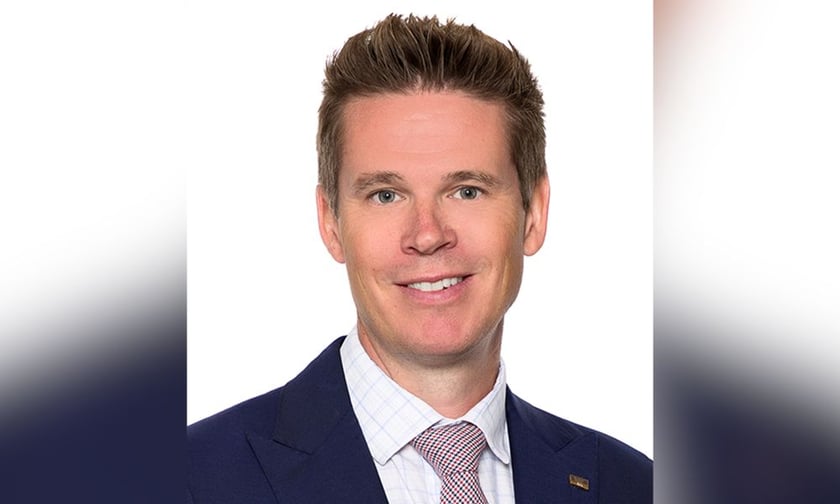

The property & casualty insurance marketplace is “turning a curve” for the Canadian MGA sector, but, at the same time, competition among these firms is heating up.
That’s according to Tyson Peel (pictured), vice president and director of property & casualty at Burns & Wilcox Canada, who offered his view on the sidelines of the recent 2023 IBAO Convention.
“I would say we’re past the hard market portion, at least in the MGA space,” Peel said. “I can see some influence coming from the regular markets, who are going after the business that we traditionally write. So, competition is up, capacity is up, and that’s driving rates and coverages south.”
Peel noted that the market shift could be a “double-edged sword” for brokers.
“I think brokers are happy with the changes going on in the marketplace,” he told Insurance Business. “They’ve had multiple years of hard conversations with their insureds with rates going up. So, moving the other way is a better conversation point for them.
“It’s a double-edged sword, though, because commissions are down if pricing goes down. [Brokers] need to work twice as hard to maintain or grow their book of business.”
Burns & Wilcox Canada is taking a two-pronged approach to rate changes, according to the VP.
“First, on the renewal side, we’re trying to get our underwriters [to be] more active, which means getting in front of our broker partners, talking to them about what’s happening in the marketplace and what they may need … and opening some negotiation points,” Peel said.
“Second is just being a lot more active and hungrier for business. We need to be out there, focused on the type of business we know we’re successful for, and then really go after that.”
So, how competitive is Canada’s MGA market?
“New ones are coming up all the time,” Peel answered. “It’s getting competitive coverage-wise, pricing-wise, capacity-wise. The problem is [that] everyone has quotas to meet and wants to grow.
“We used to help each other out in the last few years, where I can take 25% of a line, and they can take 25% of a line, but now it’s, ‘no, I want that whole risk back.’ We’re starting to get into that battle, but there’s enough business for everybody.”
Peel acknowledged that brisk mergers and acquisitions (M&A) activity among Canadian brokerages is influencing the market, as well.
“We’re seeing more of the larger brokers getting that much bigger, and they’re trying to start placing more of their stuff in-house because many have their own or are starting MGAs,” he said.
“But at the end of the day, we have enough relationships with the brokers and producers in those offices that we haven’t seen a stoppage in the flow of business at all.”
Another lingering challenge for MGAs is talent attraction and retention. Peel said the hiring landscape for insurance remains tremendously competitive as firms try to entice talent from other organizations.
“It’s definitely challenging to retain our staff, and we’ve had multiple conversations about how we can do that through training, the culture we project inside our offices, and the compensation packages we offer,” he said.
“The specialty lines of business have been even worse because there’s a limited number of people who might do, say, environmental underwriting, and the asking price for those people and expertise, trying to entice them to come is just crazy.”
Burns & Wilcox is tackling the talent challenge by attracting university graduates through its robust training program, which exposes prospective talent to their North American business.
Peel emphasized the importance of engaging with students and educating them about career opportunities in insurance.
“We aren’t doing enough, and you still don’t see too many insurance companies at career fairs,” he said. “It’s getting that education to kids at the university level, that shows them how successful [they] can be and shows them what positive careers they can have. It’s something we have to keep pushing.”
Do you agree with Peel’s assessment of the Canadian MGA space? Share your comments below.
